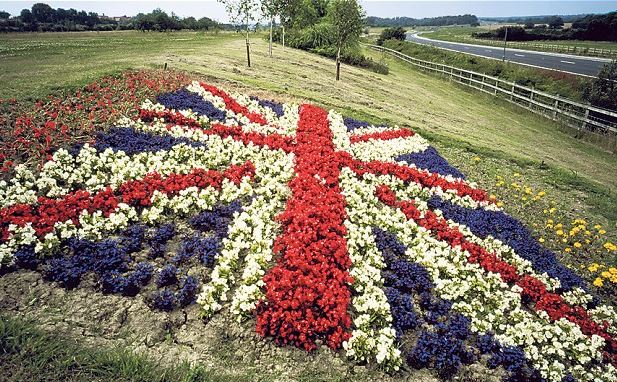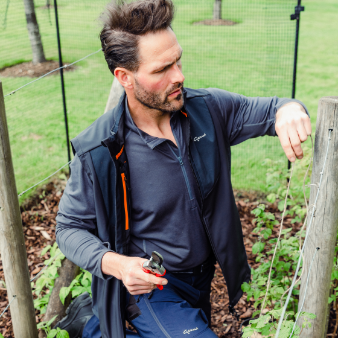Brexit: Lots for gardeners to think about

The country has spoken and it’s out of the EU we will come. There will now be a period of some uncertainty as we come to terms with the new reality and begin the process of untangling ourselves from a host of EU agreements, trading arrangements and legislative commitments. This is the point at which we will realise just how far an influence the EU has had on so many parts of our lives. Gardeners won’t be immune.
There are legislative commitments such as the EU ban the use of glyphosate (aka Round Up) that we might be happy to abandon, and others such as the EU restrictions on certain neonicotinoids thought to harm bees that we may be less certain about losing. There will likely be changes to the free market for plants. At the moment garden plants are relatively cheap because of an integrated plant production system across Europe. This open movement allows young plant material to flow from producers on mainland Europe to UK growers without hindrance whilst the supply of finished plants to complement the UK production is equally as important to provide additional availability to the garden centres. Whilst border controls are important to all of us we do not want to find impediments coming into place to complicate the movement of plants into or out of the UK, tying us up in red tape which may prove more difficult than we have enjoyed in recent years.
There could be a different way of looking at this though. The UK imports £1bn of plants a year but exports just £50m. This could represent an opportunity for UK growers to fill the gaps in production currently taken by imports, particularly with a weakening pound. There might also be benefits for the control of pests and diseases, if there are new border controls, the UK might be able to introduce restrictions over the movement of plant material from EU countries and businesses that could limit the transmission of plant pests and diseases like Chalara (Ash die-back). This might though depend on recruiting a new cadre of plant health inspectors and whether that is likely to be a policy priority is up for questions.
Horticultural labour, much of which is low paid, is filled by EU nationals, the prospects for such jobs being filled by UK nationals is uncertain. Many horticultural producers have complained over the years that these are not jobs that British people are willing to take up. Linked to this is the issue of funding for horticultural training education and apprenticeships. The new apprenticeship levy designed to pay for training of a new generation of horticultural professionals is essentially a tax on SMEs and larger businesses, and must be threatened by any decline in the UK economy.
Interesting times. Let’s see what happens.







